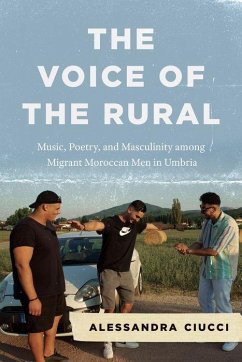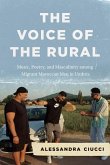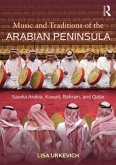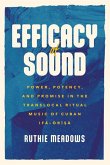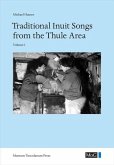"If you Google Umbria, you'll likely see picturesque rolling hills and medieval villages perched on them. But in The Voice of the Rural, ethnomusicologist Alessandra Ciucci introduces us to the Moroccan migrant workers that labor in the province's Alta Valle del Tevere region, which has been transformed by agrobusiness. These migrants working in Umbria's tobacco fields and on its construction sites have been coming to the region for decades, and while some eventually save enough money to buy some land and build a house back home, most are only able to scrape together what little they can from season to season. Marginalized in Italy and far from their homes, these men turn to Moroccan traditions of music and poetry that romanticize the Moroccan countryside they have left, l-'arubiya, or the rural. Ciucci's ethnography is a rich analysis of l-'arubiya that unpacks how these men share the music and sound of the rural to create a culture of belonging in a foreign and inhospitable nation, gathering in groups to listen to recordings of the musical style and creating community that springs from the very particular Moroccan narratives and identity depicted in the music. The poetry conjures up local images, history, and tradition, evoking a personhood that allows these men to momentarily preserve a particular form of manhood inaccessible to them in Italian culture. In Italy, these men are perceived as threatening and sexually violent. But the sound of l-'arubiya signifies a different kind of masculinity, of what it means to be a "real man", someone virtuous, generous, and strong both physically and morally. Through close fieldwork with migrant men and careful analysis of the lives they live through music, Ciucci uncovers an important social dimension of Europe's evolving migration crisis: how migrants preserve a sense of self and of home in an inhospitable country, allowing them to endure in the face of incredible hardship"--

